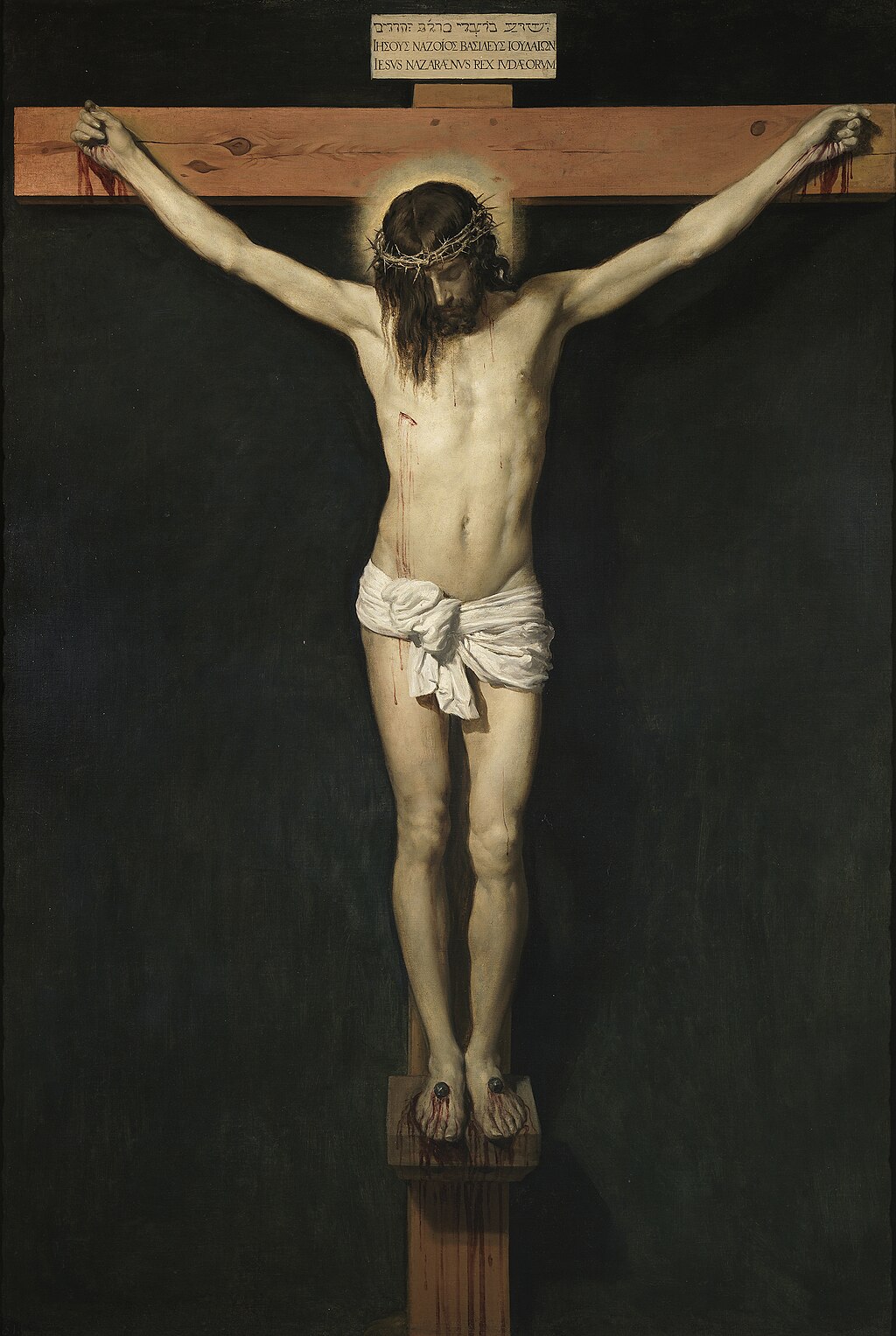The Horror of the Cross that shall not Leave Me
The crucifixion of Jesus is horrifying and it should stay
that way.[1] I seem to encounter, oh, so often a retelling
of Jesus’ life that sanitizes his cross.
I’m actually amazed by how often I hear Christian leaders explain the
gospel in a way that leaves the cross out altogether.[2]
It’s no wonder to me that when we make the cross shallow we struggle to love
folks who are different then us.[3] Think
about these four really big issues that everyone’s been talking about this
summer:
- The terror of the Islamic State
- Same-sex marriage
- Planned-Parenthood and abortion
- Racial tension and police conduct
What’s interesting to me is that no matter which of these topics
people are talking about I hear the same thing over and over again: the other side is horrible, wrong, and really
unlovable. I want nothing to do with
them and neither should you. This has become the modus-operandi[4]
of the internet age. Christians and non-Christians alike default to this
argument. But I pray you and I can see
that this line of reasoning is as far from the cross as it gets. In fact, it’s
antithetical. Christians, of all stripes,
tell me that this is okay, because we are in a truth war and the number one prerogative
of the Church for today should be to proclaim the truth. Well what about the truth of the cross; the
horrible, ugly, bloody truth?[5]
What would it look like to proclaim the truth of the cross
in the midst of terrorism, sexuality, abortion, racism, riots, brutality, and
name-calling? Well, let this soak-in for a second:
For while we were still weak, at
the right time Christ died for the ungodly. Indeed, rarely will anyone die for
a righteous person—though perhaps for a good person someone might actually dare
to die. But God proves his love for us
in that while we still were sinners Christ died for us.
Romans 5:6-8 (NRSV)[6]
That’s crazy! So while the Church says, “Repent or get away
from us!” Christ says, long before you
repent I’ll bleed for you! While
you’re spitting in my face, I’ll forgive you. While you’re ripping my skin to shreds, I’ll forgive you. While you make my beaten frame carry a 100lb
crossbeam, I’ll forgive you. While you’re stripping me naked and humiliating
me, I’ll forgive you. While you sink the nails through my ankles and wrists,
I’ll forgive you. While you leave me hanging
and bleeding, I’ll forgive you. While
you ruthlessly watch the last breathe leave me, I’ll forgive you.[7]
Can we be empowered by the forgiving sacrifice of the cross
to associate with people we believe to be sinners? Even heinous sinners? Can we be people
thoroughly shaped by the thought that Christ offered himself for us in a gruesome
fashion that cost him everything? Can we
imaginatively lean on the Spirit to find ways to apply the cross to these big
cultural issues, as well as our local and personal challenges?
Because here’s the thing, Jesus could have responded to each
of us the way that we respond to people we think are sinners. He could have said of me, “Oh that Matt
Ingalls, he’s horrible, wrong, and unlovable. I want nothing to do with him.” Instead, he submitted himself to the
murderous hands of the authorities and suffered a death that would result in
him drawing close to me and offering me forgiveness.
So, really, what does it look like for the Church to live
the cross? For River Street? For me? For you?
I’m only asking because the cross keeps shaking my soul with
its horrifying image of gracious love in the face of destructive evil.
[1]
There’s some enlightening information on Wikipedia’s “Crucifixion,” article
(Warning: there are some graphic images).
[2]
Shorthand for the Gospel these days is, “repent and leave your godless ways,”
which is entirely moral/transactional and has nothing to do with the cross and
grace. Or they say, “Repent, because Jesus died for your sins.” And the sentence before and after is about
how sinful we all are. God’s radical,
reckless love and grace are diminished to the rather bland, “Jesus died.” Why
can’t we flip that upside down and talk on end about the love and grace of God
in the midst of our sin?
[3]
I’m thinking in particular about 1 John 4:19 which says, “We love because he
first loved us.” The implication being,
if we don’t know how he loves us then how can we even begin to live out of that
love?
[4] That
is, “standard operation.”
[5] If
you’re stance on truth has no root in Jesus’ birth, life, cross, and
resurrection, can you really call it Christian truth? So that when we say
abortion is wrong and stop there we are not proclaiming Christian truth, are
we? Don’t we also have to offer how
Jesus’ birth, life, cross, and resurrection speak redemption/hope into that
tragic circumstance?
[6] I
realize this is a departure from our series through Hebrews, but I just can’t
get this stuff off my writing-mind.
[7]
Perhaps I’m making too much of Luke 23:34, “Then Jesus said, ‘Father, forgive
them; for they do not know what they are doing.’” Even if I am, I’m not sure
how to make this an unremarkable statement. I’m not saying that Jesus’ offer of
forgiveness on the cross saved the people who were killing him (that seems to
be the intended audience). Only God knows what happened to those soldiers after
they died. Instead, I think what we have to hear is that the offer of
forgiveness precedes repentance. In
fact, it is the offer that makes repentance possible. At least, as a good Wesleyan, that’s what I
believe. See, the Wikipedia article for “Prevenient Grace,”
also known as preceding grace.



Comments
Post a Comment